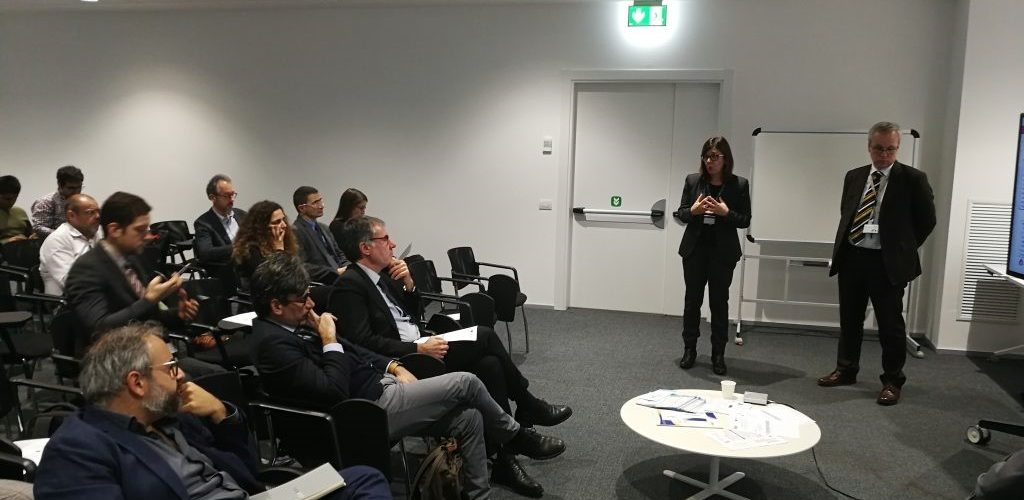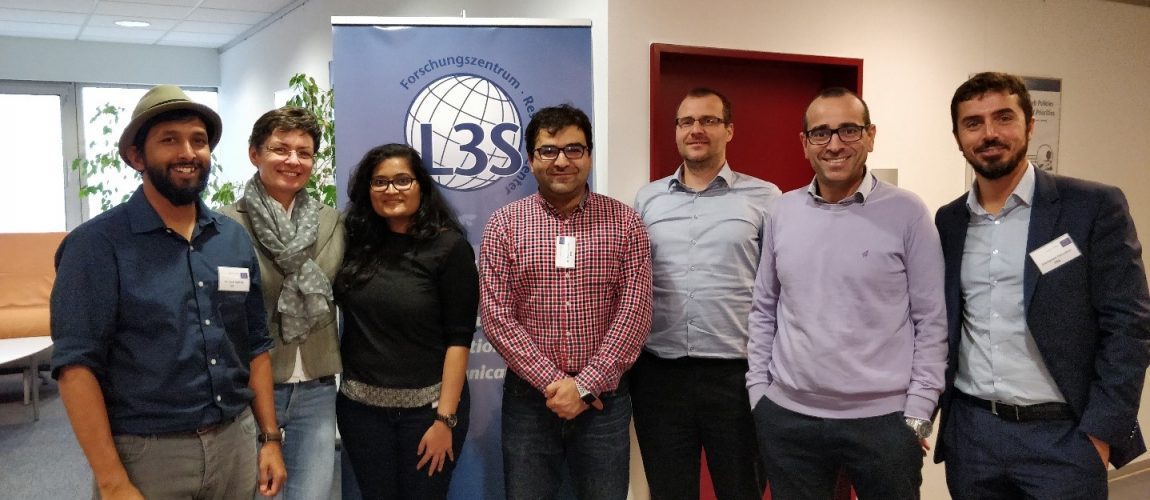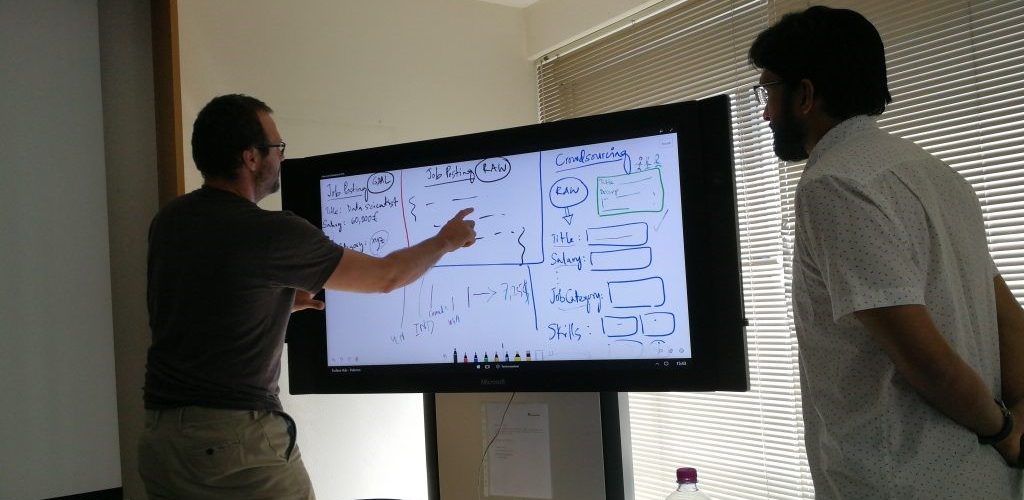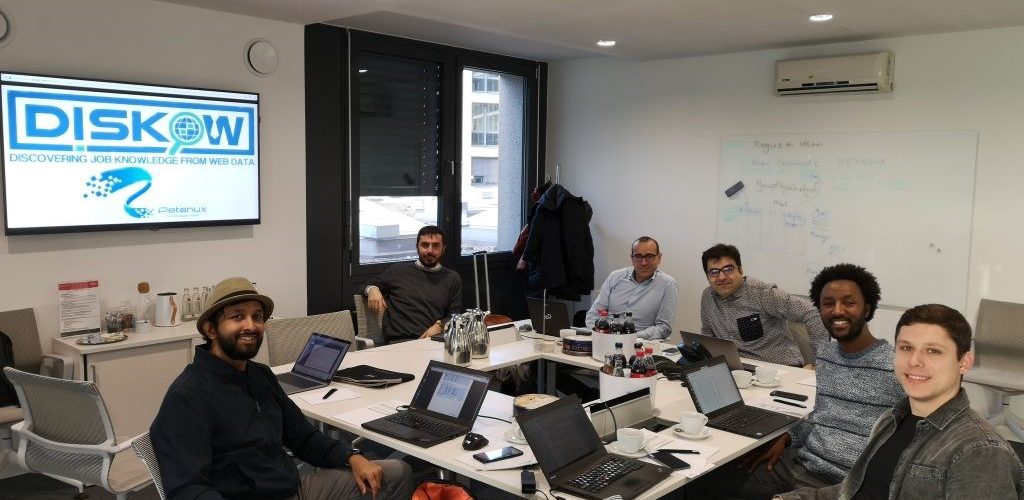
Objective: The aim of the DISKOW Multiplier Event in Rome was to present our substantial progress with respect to the project Intellectual Outputs to a wide audience consisting of relevant stakeholders and other organizations. The multiplier event brought together important stakeholders of the project such as for example migrants in Valverde (Italy), relevant industry stakeholders and representatives of related projects and of the associated partner FSOP (Fondazione per lo Sviluppo dell´Oltrepó Pavese), Activities: The goal of the morning session is to introduce the DISKOW project to a larger audience, including guests from Valverde, providing the project context, goals and discuss…




